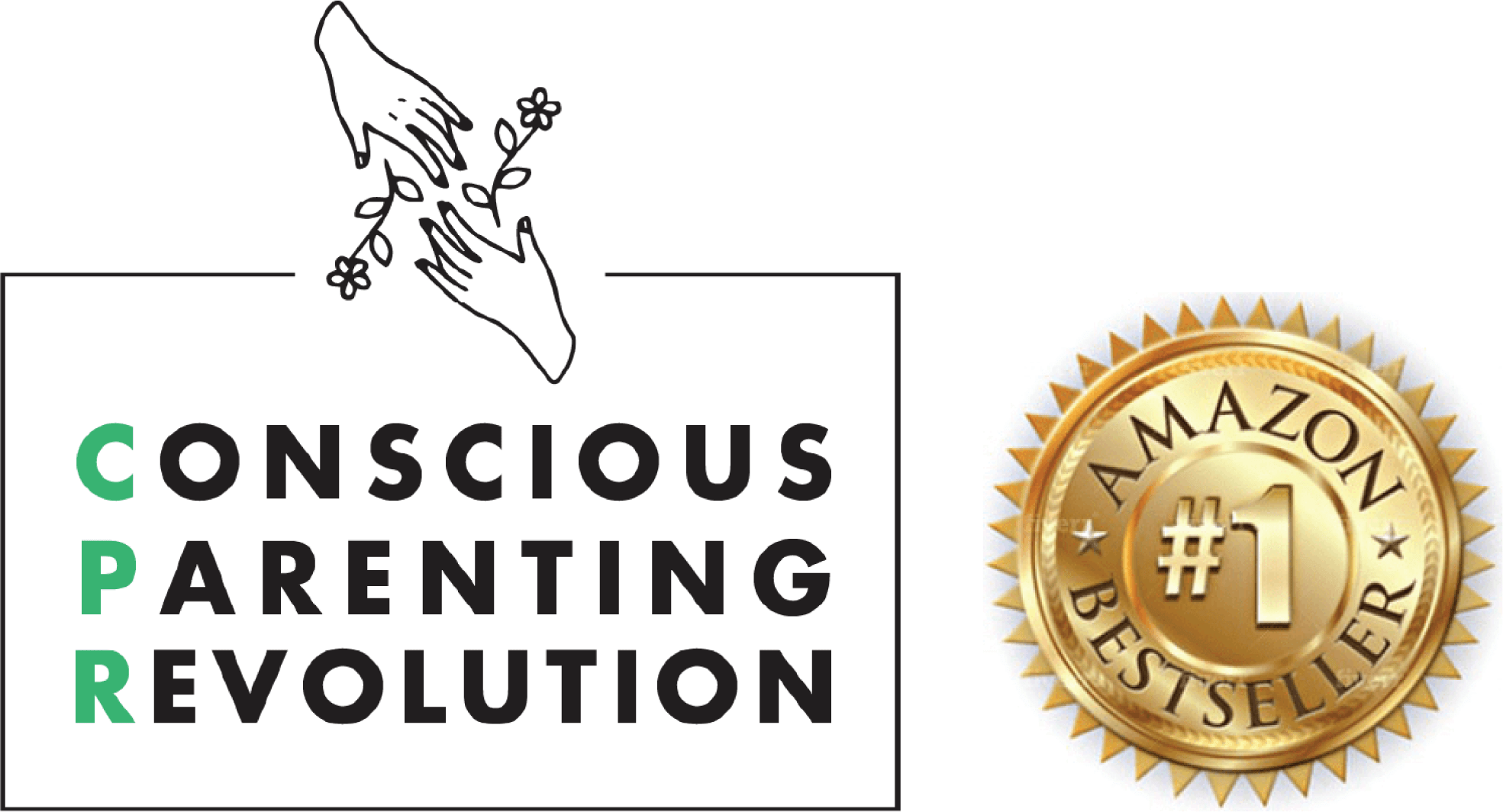Did you ever catch that children’s program, Bananas in Pajamas? The main characters are two bananas, B1 and B2, who are identical in every way. They walk the same, talk the same, and very often think the same! B1 and B2 are always aligned, and they live in the kind of harmonious home that could ONLY exist on a kid’s TV show.
The Banana family is unknowingly helping to perpetuate the myth of the united front. I’ve worked with thousands of parents in the last 20 years, and most of them believe that parents should be in total agreement when it comes to making decisions about their kids. Like identical twin bananas, they strive to feel, think, and react the same way to their children.
Child: Can I go to a friend’s house this weekend?
Parents: (In unison) Yes!
Child: Can I eat this block of chocolate for dinner?
Parents: (United) No!
Child: Can you teach me to square dance?
Parents: (At the same time) Maybe later.
You get my point.
The problem is that the united front isn’t real! You and your parenting partner are two distinct human beings. You each have your own history, upbringing, and unique set of experiences. You’re probably unconsciously passing down behaviors and beliefs you learned as a child, long before you met your partner or became a parent. Your opinions may be influenced by deeply held beliefs about age, gender, propriety, and other factors. You might feel the way you do because of what you ate for breakfast.
In short, it’s I-M-P-O-S-S-I-B-L-E to agree with your partner on every single issue or question around raising your kids. Trying to present a united front is not only exhausting, it’s inauthentic.
At the same time, you don’t want to get into a pattern where your child runs from one parent to the other, only respecting the answer they want to hear. What’s a conscious parent to do?
- Be honest. If you disagree with your partner on certain issues when it comes to your kids, be transparent with them about your feelings. Ignoring your differences will cause more trouble later on. Discuss your own childhoods and how your experiences have shaped you to react differently.
- Show your support. You can have a different opinion than your partner without undermining them. For example, “I’d love to play music right now, but Daddy needs to work” is a better explanation for your child than “Your Dad says we can’t play music right now. He’s no fun.”
- Forget good cop, bad cop. No one’s “good” or “bad” for feeling one way or another. Learn to honor your individuality in front of your children while respecting your partner’s feelings (and your child’s). It will teach them to do the same.
I hope you’re ready to lay the myth of the united front to rest!
If you’d like to join a community of parents who don’t always agree but still support one another, check out the Conscious Parenting Revolution Facebook group!









